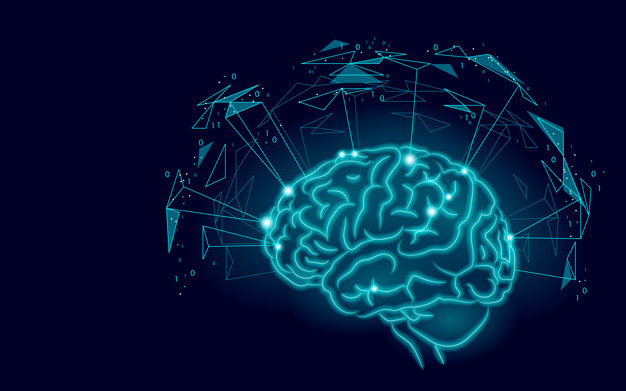As part of a groundbreaking study, a team of German experts at the University of Portsmouth successfully planted false autobiographic-type memorical events and then reversed them.
The study appeared in the journal Proceedings of the National Academy of Sciences.
In the study, 52 participants had four events planted as part of their autobiographical memory, two of which were false events that never occurred.
Upon the onset of successful recollection of the false memories, researchers then began to reverse the false memories by informing the participants about the probability of false memories.
The findings demonstrate how false memories can be planted and then reversed among people with healthy cognition. The results of the study are crucial for understanding the implications of human memory, especially in forensic settings.
“The present study therefore not only replicates and extends previous demonstrations of false memories but, crucially, documents their reversibility after the fact: Employing two ecologically valid strategies, we show that rich but false autobiographical memories can mostly be undone,” the co-authors stated in their journal article. “Importantly, reversal was specific to false memories (i.e., did not occur for true memories).”
The study was authored by Aileen Oeberst, Merle Madita Wachendörfer, Roland Imhoff, and Hartmut Blank.


